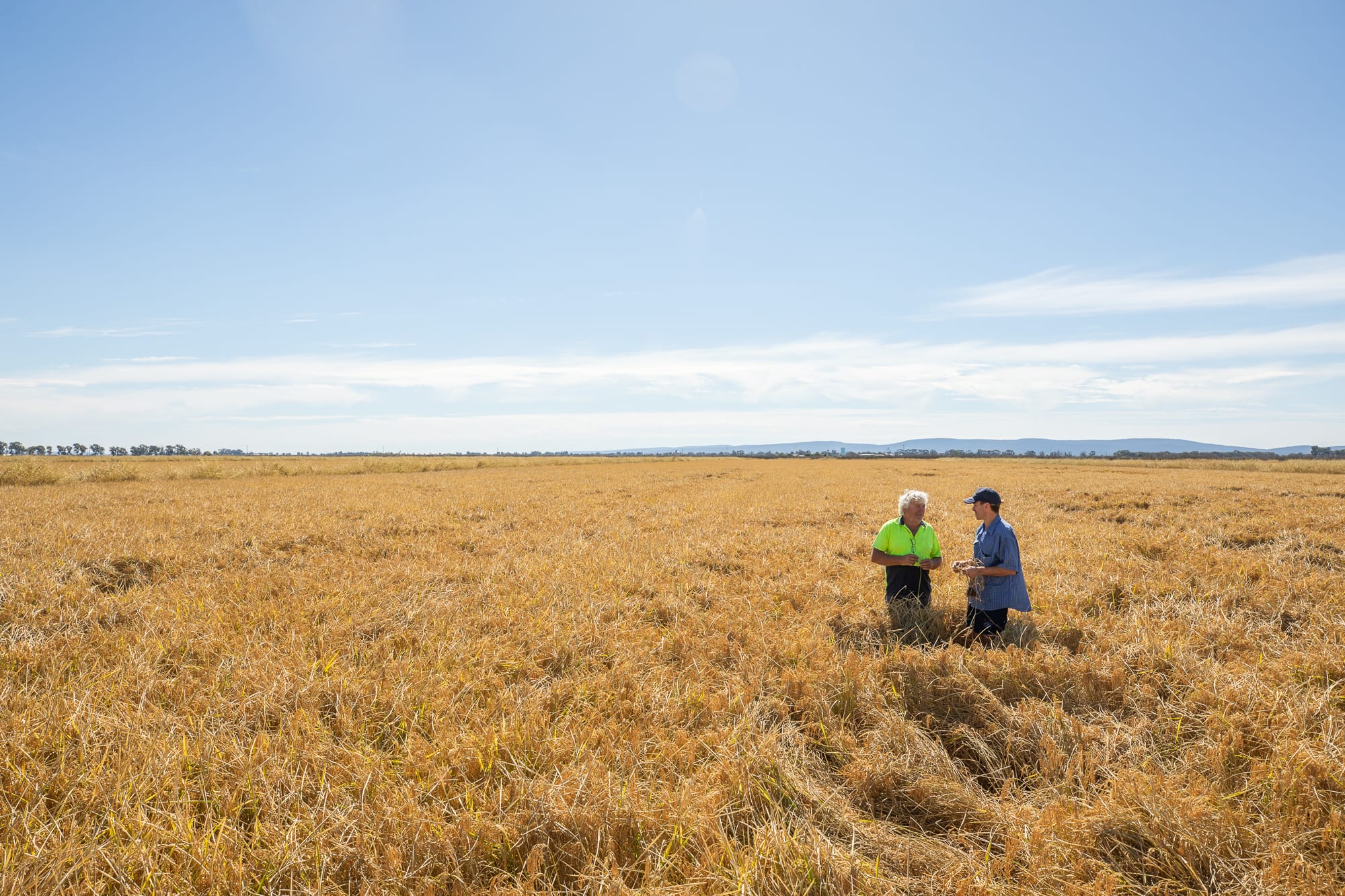
Artificial intelligence (AI) is emerging as a pivotal technology of our time, prompting discussions about its potential to reshape economic structures and wealth distribution. While proponents envision a future characterized by material abundance, significant questions remain regarding how this wealth will be equitably shared. In Australia, the current food economy exemplifies this tension, with the government reporting an annual food waste of approximately 7.6 million tonnes, translating to around 312 kilograms per person. Paradoxically, nearly one in eight Australians face food insecurity, primarily due to financial constraints.
The implications of AI extend beyond mere technological advancements. Economist Lionel Robbins articulated that economics involves balancing human desires with scarce resources. Traditional market mechanisms are designed to allocate limited resources amidst seemingly endless wants. However, the promise of AI to create abundance conflicts with this established market logic, raising concerns about potential job losses. As AI takes on more tasks, the question arises: how will people earn a living, and how will markets function without a foundation of paid work?
The complexity of this issue is underscored by John Maynard Keynes, who highlighted that market systems can produce unemployment and poverty even in times of abundance. Australia’s most recent economic challenges were triggered by the pandemic rather than market failures, yet they illustrated the effectiveness of adjusting government benefits. Increased payments and relaxed restrictions significantly reduced poverty and food insecurity during a time of decreased economic productivity. This model of intervention has been replicated globally, with cash payments introduced in over 200 countries.
Such experiences have fueled discussions about integrating a universal basic income (UBI) into the economic framework. The Australian Basic Income Lab, a collaboration involving Macquarie University, the University of Sydney, and the Australian National University, is exploring this concept. They propose that if everyone had a guaranteed income sufficient to cover basic necessities, the transition into an AI-driven economy could be more equitable.
Debates surrounding UBI must clarify its implications. Some interpretations may perpetuate existing wealth disparities. Colleagues at the Australian Basic Income Lab, Elise Klein and James Ferguson, argue for a model framed as a “rightful share” rather than welfare. They contend that the wealth generated through technological progress should be recognized as a collective human resource, akin to a nation’s natural assets.
Historical precedents illustrate that the conversation around UBI is not new. Early 20th-century Britain witnessed similar discussions as industrialization threatened jobs while increasing overall wealth. This historical context is echoed in contemporary critiques of market dynamics, which can result in uneven distribution of technological benefits.
Another perspective on addressing the distribution of AI’s gains comes from author Aaron Bastani, who advocates for “fully automated luxury communism.” He envisions a future where technological advancements not only raise living standards but also create more leisure time for individuals. Rather than proposing a UBI, Bastani suggests implementing universal basic services. This approach would prioritize providing essential services, such as healthcare, education, and transportation, directly to the public, thereby rethinking how resources are shared in an AI-augmented society.
Regardless of the proposed solutions, the challenge remains that AI alone is unlikely to create a utopian future. As noted by Peter Frase, the intersection of technological advancement and ecological concerns could lead to diverse outcomes, influencing both production capabilities and the political landscape of resource distribution. The concentration of power within technology firms, as highlighted by former Greek finance minister Yanis Varoufakis, raises alarms about a potential shift towards “technofeudalism,” where technological control could replace democratic structures.
In conclusion, the advent of AI presents both opportunities and challenges regarding how society manages its resources and wealth. As Ben Spies-Butcher, an associate professor at Macquarie University, points out, the solutions to poverty and food insecurity already exist. The pressing question is not whether AI can solve these problems, but how society chooses to harness its potential for the benefit of all.






